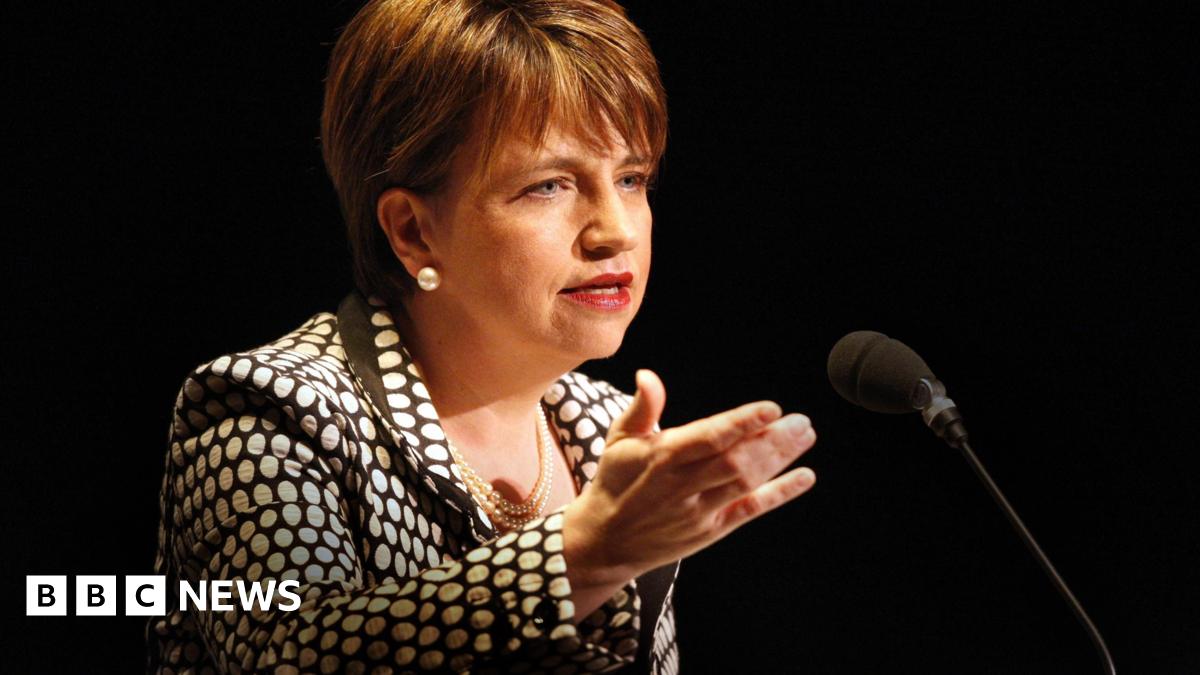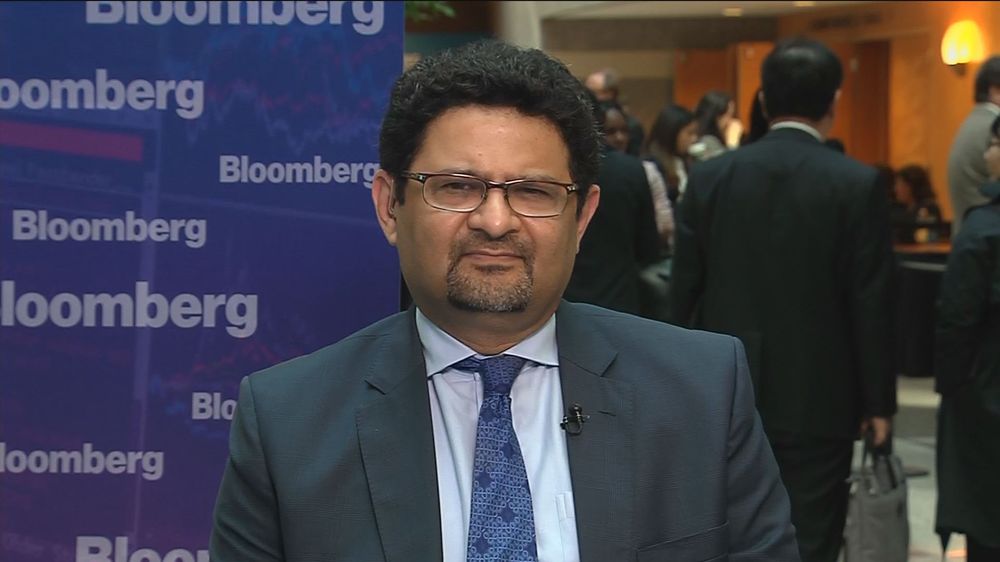India Defends Farming & Dairy Sectors: Agriculture & Dairy 'Red Lines' in US Trade Talks - Nirmala Sitharaman
New Delhi – Indian Finance Minister Nirmala Sitharaman has firmly stated that the country's agriculture and dairy sectors are non-negotiable in ongoing trade discussions with the United States. In an exclusive interview with Financial Express, Sitharaman emphasized the importance of protecting these vital industries, asserting they are “big red lines” that India will not compromise on.
The statement comes amidst renewed efforts to finalize a comprehensive trade deal between the two nations. While progress has been made on various fronts, agriculture and dairy have consistently presented significant hurdles due to differing regulatory frameworks and concerns about market access.
Sitharaman's remarks underscore the Indian government's commitment to safeguarding the livelihoods of millions of farmers and dairy producers. These sectors are crucial to India's rural economy and food security, employing a significant portion of the population. Any concessions that could potentially harm these industries are likely to face strong opposition, both from within the government and from farmer unions.
Why Agriculture and Dairy are Sensitive Issues:
- Farmer Welfare: India’s agricultural sector is characterized by small-scale farming, and any trade deal must prioritize the well-being and economic stability of these farmers.
- Dairy Industry: The Indian dairy sector is largely unorganized, with millions of small dairy farmers. Opening this sector to unrestricted competition could destabilize the market and negatively impact these producers.
- Food Security: India needs to ensure its own food security, and trade deals must not compromise this objective.
- Subsidies and Support: India provides subsidies and support to its farmers, which are often viewed differently by the US. Finding a mutually acceptable solution on this front is key.
The US Perspective: The United States has been keen on gaining greater access to the Indian market for agricultural and dairy products. American producers see India's large and growing market as a significant opportunity for export growth. However, India's concerns about protecting its domestic industries have created a deadlock on this issue.
Potential Outcomes & Future Negotiations: The upcoming trade negotiations are expected to be complex, requiring both sides to demonstrate flexibility and compromise. Sitharaman's strong stance suggests that India will not easily yield on its core interests. Analysts believe that a phased approach, focusing on areas of mutual benefit and gradually addressing more sensitive issues, might be the most viable path forward. Finding common ground on issues like sanitary and phytosanitary (SPS) standards and technical barriers to trade will also be crucial.
The Finance Minister's declaration reinforces India's determination to protect its domestic interests while engaging in constructive trade discussions with the United States. The outcome of these negotiations will have significant implications for both economies, shaping the future of trade relations between the two countries.





